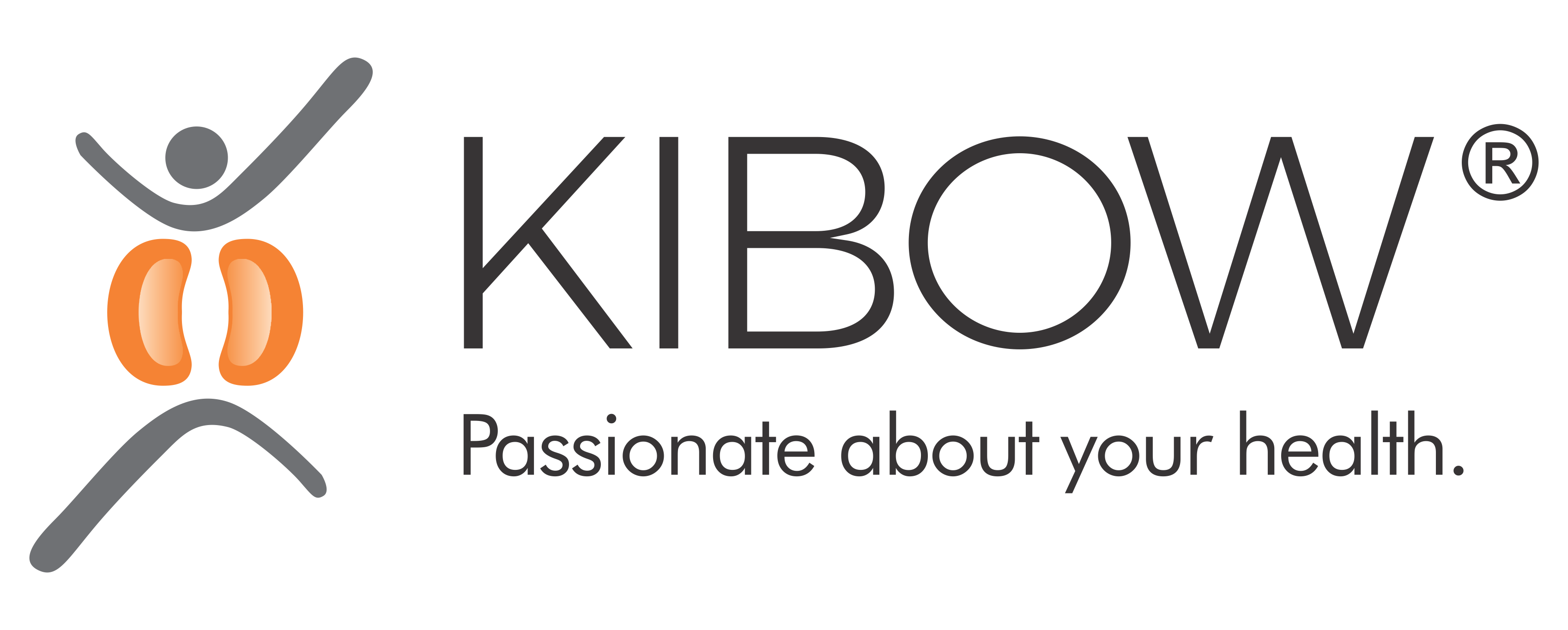For Educational Purposes Only.
Introduction to Probiotics
The World Health Organization’s (WHO) 2001 definition of probiotics is “live micro-organisms which, when administered in adequate amounts, confer a health benefit on the host”1. There are numerous products sold in the market under the probiotic umbrella. This includes foods such as yogurt, dietary supplements and even some skin creams. Elie Metchnikoff first introduced the concept of probiotics in 1980, which conferred him the title of “father of probiotics”2. The most common bacteria groups found in probiotics are called Lactobacillus and Bifidobacterium, each contain several types of bacteria. But it is to be noted that the effect of each bacteria in the group can be different; if a specific Lactobacilli helps in preventing a particular illness, it is not necessary that other Lactobacillus will have the same effect on the illness. Even though the research is incomplete, the rapid growth in market share of probiotic products worldwide has made it a popular supplement in developed countries.
Facts about probiotics
One of the most interesting facts about the human body is that we are a living carrier of microorganisms. In fact, microorganisms in the human body outnumber human cells by 10 to 13 . These are ‘good’ bacteria that help us with our bodily functions and are especially useful in digesting food. Several microorganisms found in probiotic products are similar to the useful bacteria in our body.
While a great deal of research has been done on probiotics and its benefits, no scientific evidence has been able to substantiate its anti-disease claims or health benefits.
It is important to know that probiotics can also cause side effects. In mostly healthy people, mild side effects like gas may occur infrequently. On the other hand, there is a risk of severe side effects in people who may have an underlying health problem. Those recovering from surgery, sick infants or generally those with a weakened immune system are at most risk. Probiotics should be used as a complementary health product and should not be a treatment option. It should be especially taken with caution if you are pregnant, nursing, or planning to give it to your young child,which should be done so only after consultation from a practitioner.
Sponsor: Kibow Biotech® 
References:
- Disabled World. (2018, March 15). Probiotics: Probiotic Supplements Information. Retrieved from https://www.disabled-world.com/medical/alternative/probiotics/
- Richards, K. L. (2019, May 17). The Surprising Benefits of Probiotics – What You Didn’t Know. Retrieved from https://www.prohealth.com/library/the-surprising-benefits-of-probiotics-what-you- didnt-know-29140
- Science Daily. (2010, May 21). Human microbiome project: Diversity of human microbes greater than previously predicted. Retrieved from https://www.sciencedaily.com/ releases/2010/05/100520141214.




